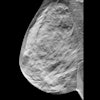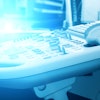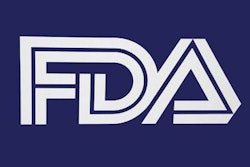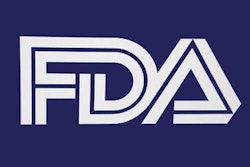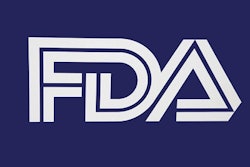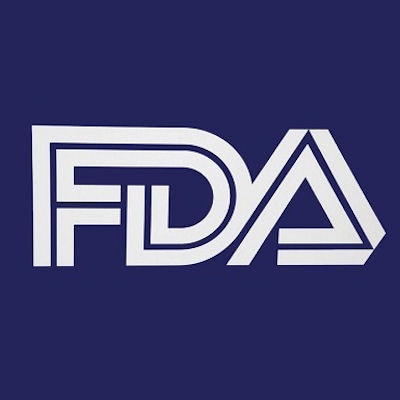
Thermography should not be used as a standalone method for detecting, diagnosing, or screening for breast cancer, according to a warning issued by the U.S. Food and Drug Administration (FDA) on February 25.
"There is no valid scientific data to demonstrate that thermography devices, when used on their own or with another diagnostic test, are an effective screening tool for any medical condition including the early detection of breast cancer or other diseases and health conditions," the FDA said in its statement. "Mammography ... is the most effective breast cancer screening method and the only method proven to increase the chance of survival through earlier detection."
The alert comes shortly after a critical segment by the TV show "Good Morning America" on February 13. The feature profiled two California women whose cancers were missed by thermography; one of the women later died of the disease after trusting the thermography exam results indicating that she was "all clear."
Adjunct only
Thermography uses an infrared camera to produce images that show the patterns of heat and blood flow on or near the surface of the body. The FDA has cleared thermography devices only for use with another screening or diagnostic test such as mammography.
But some homeopathic clinics, mobile health units, and health spas tout thermography as a standalone, radiation-free tool for breast cancer screening and diagnosis, making "inaccurate, unsupported, and misleading claims, such as thermography can find breast cancer years before it would be detected through other methods or thermography improves detection of cancer in dense breasts," according to the FDA.
"People who choose thermography instead of mammograms may miss the chance to detect cancer at its earliest and most treatable stages," the agency said.
Earlier warnings
The FDA has issued warnings about thermography before, one as early as June 2011 and another in October 2017. It has also directly warned thermography providers. In fact, on February 22 the agency issued a warning letter to Total Thermal Imaging of La Mesa, CA, for marketing and distributing an unapproved thermography device as a sole screening device for breast cancer and other diseases. The clinic was one of those highlighted in the "Good Morning America" feature.
Total Thermal Imaging is only the latest company to receive such a notice. The FDA has issued warnings to the following businesses:
- Central Coast Thermography, San Luis Obispo, CA (January 2011)
- Dr. Mercola's Natural Health Center, Hoffman Estates, IL (March 2011)
- Meditherm, Parkland, FL (April 2011)
- Thermogram Assessment Services, Palos Verdes, CA (November 2016)
- Nature's Treasures, Glendale, CA (April 2017)
"The FDA is closely monitoring adverse event reports associated with thermography and will take additional steps necessary to address the risks associated with use of these products," the agency said. "We are committed to protecting and promoting access to safe and effective breast screening devices."
Trustworthy guidance
The FDA offers the following counsel to people receiving breast cancer screening:
- Be aware that thermography is not a substitute for regular mammograms and should not be used in place of mammography for breast cancer screening or diagnosis.
- Have regular mammograms according to screening guidelines or as recommended by your healthcare provider.
- Learn more about what to expect during a mammogram on the FDA's Mammograms webpage.
- Follow your healthcare provider's recommendations for additional steps to diagnose breast cancer such as a clinical breast exam, other breast imaging studies (such as breast ultrasound or MRI), or breast tissue biopsy.
The agency is also asking healthcare providers to educate patients about the limits of thermography, to discourage its use for the screening or diagnosis of breast cancer, and to discuss effective ways to screen for the disease.
Finally, the FDA is asking healthcare providers and consumers to report any adverse events related to imaging with thermographic devices to its MedWatch adverse event reporting program using the MedWatch Voluntary Reporting Form.
"Advancing and protecting women's health is a priority for the FDA," said FDA Commissioner Dr. Scott Gottlieb in a statement. "As part of these efforts, we will not tolerate individuals or companies who attempt to take advantage of patients by marketing unapproved devices that deceive patients and put them at risk."


